First the details of what Sql Server is doing.
VARCHAR stores single-byte characters using a specific collation. ASCII only uses 7 bits, or half of the possible values in a byte. A collation references a specific code page (along with sorting and equating rules) to use the other half of the possible values in each byte. These code pages often include support for a limited and specific set of accented characters. If the code page used for your data supports an accent character, you can do it; if it doesn't, you see weird results (unprintable "box" or ? characters). You can even output data stored in one collation as if it had been stored in another, and get really weird stuff that way (but don't do this).
NVARCHAR is unicode, but there is still some reliance on collations. In most situations, you will end up with UTF-16, which does allow for the full range of unicode characters. Certain collations will result instead in UCS-2, which is slightly more limited. See the nchar/nvarchar documentation for more information.
As an additional quirk, the upcoming Sql Server 2019 will include support for UTF-8 in char and varchar types when using the correct collation.
Now to answer the question.
In some rare cases, where you are sure your data only needs to support accent characters originating from a single specific (usually local) culture, and only those specific accent characters, you can get by with the varchar type.
But be very careful making this determination. In an increasingly global and diverse world, where even small businesses want to take advantage of the internet to increase their reach, even within their own community, using an insufficient encoding can easily result in bugs and even security vulnerabilities. The majority of situations where it seems like a varchar encoding might be good enough are really not safe anymore.
Personally, about the only place I use varchar today is mnemonic code strings that are never shown to or provided by an end user; things that might be enum values in procedural code. Even then, this tends to be legacy code, and given the option I'll use integer values instead, for faster joins and more efficient memory use. However, the upcoming UTF-8 support may change this.

